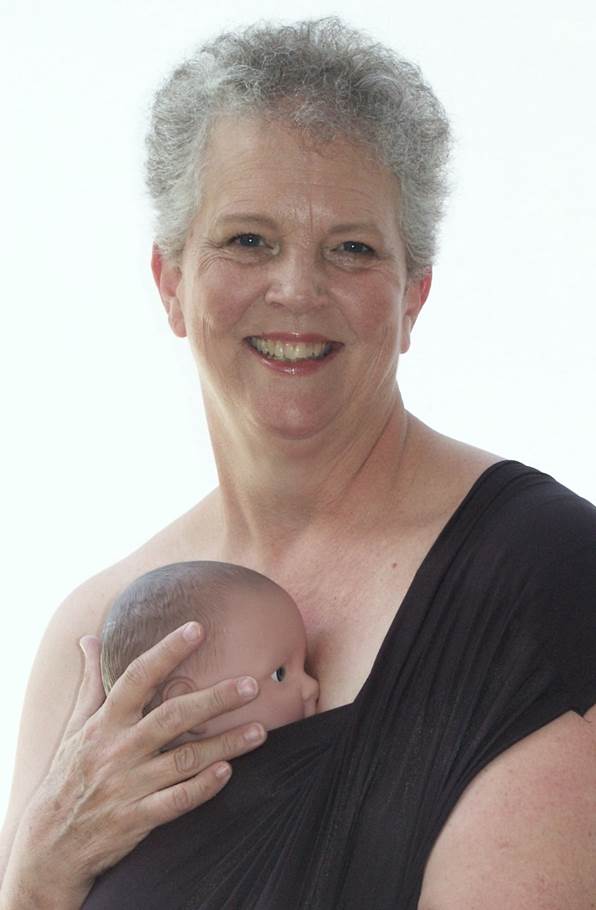News / Education
Kangaroo Care advocate Dr. Barb Morrison to be featured on Close-Up Talk Radio

Parents want their infants to grow into intelligent, creative, caring adults, an effort that starts at birth, but according to Dr. Barb Morrison, the care currently provided to newborn infants may be interfering with that goal and causing more harm than good.
Dr. Morrison is a certified nurse midwife (CNM) with a PhD in Maternal-Child Nursing/Midwifery and Associate Professor in the Janice M. Riordan Distinguished Professorship in Maternal and Child Health at Wichita State University School of Nursing. She is among the most vocal advocates of “Kangaroo Care,” the method of holding an infant skin-to skin to strengthen the bond between parent and child,facilitate breastfeeding and encourage forebrain/social brain development. DrBarb is part of a growing movement among health care practitioners who hope to see Kangaroo Care practiced more broadly and become routine procedure in infant care.
“It’s about listening and acting on parental instincts from the very second you have a child,” explains DrBarb. “Newborns need warmth, protection, comfort, ready access to food. They need a habitat that provides for all their needs without stressing them. That habitat is skin-to-skin on mom’s chest, or Kangaroo Care.”
At birth an infant’s brain weighs only 25 percent of what their adult brain will weigh. The neurons are there but only a few of the connections, or synapses, have been made between neurons. As infants experience stimuli from the outside world, synapses are being formed at the rate of 1 million per minute. Additionally, when babies are placed skin-to-skin on mom’s chest their instincts are triggered, and generally within 60-90 minutes of birth babies instinctually latch on and begin to suckle all by themselves. By nurturing through proximity, the infant feels more secure, opening the path to physical and psychological health.
“There’s a dance that goes on between mothers and their infants, the initiation of communication,” says DrBarb. “We did not survive as a species without holding and skin-to-skin touch. Kangaroo Care is a rediscovery of the instinctual relationship between mothers and their infants.”
While we may want our children to develop independence, it’s not appropriate at such a young age. Infants separated from their mothers or primary caregivers during the first months feel they’ve been abandoned. As a result, the midbrain or primitive brain, the control center for self-preservation, becomes more developed, which can lead to bullying, personality disorders, aggression and even violence.
“We’ve got to get the word out!” says DrBarb. “We’re working with nurses, nurse midwives and practitioners, lactation consultants, childbirth educators, obstetricians, pediatricians, family practice physicians, social workers and many others. Having mothers and other primary care providers do Kangaroo Care through much of the first two years is a much easier solution to positive social development and increased intelligence than remedial activities, such as Head Start, Early Start or therapy, down the road.”
Close-Up Talk Radio will feature Dr. Barb Morrison in a four-part interview with Doug Llewelyn on June 5th and June 12th at 1pm EST and with Jim Masters on June 19th and June 26th at 1pm.
Listen to the show www.blogtalkradio.com/closeuptalkradio. If you have a question for our guest, call (347) 996-3389.
For more information on Dr. Morrison, visit http://www.DrBarbCNM.com
